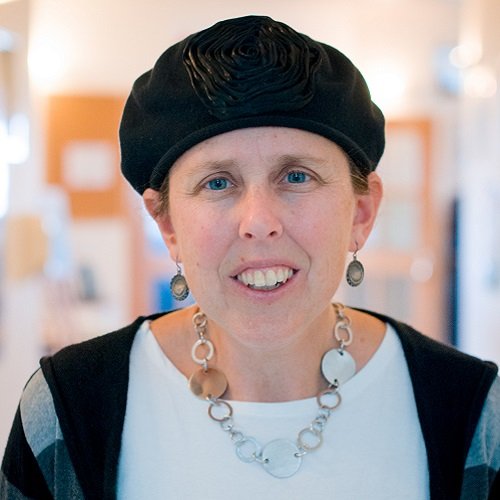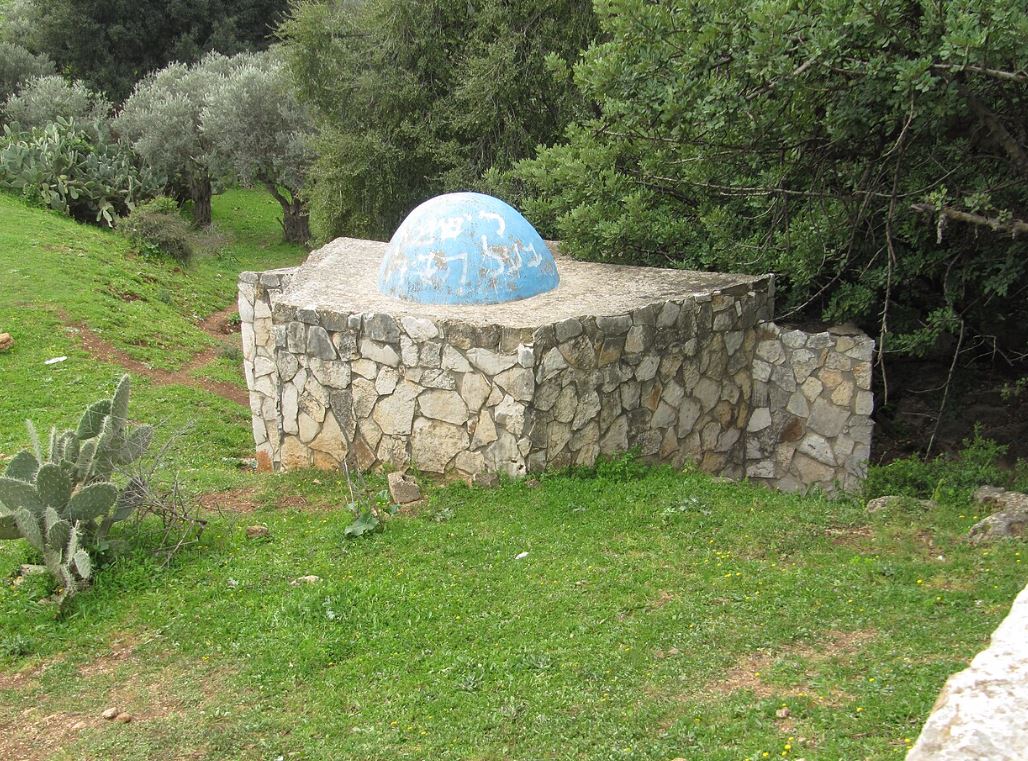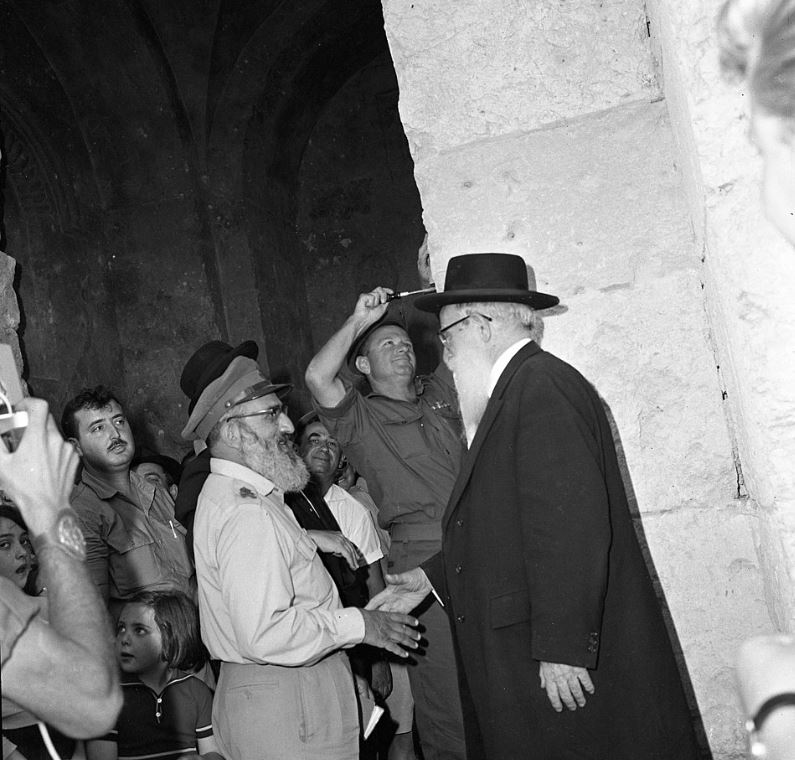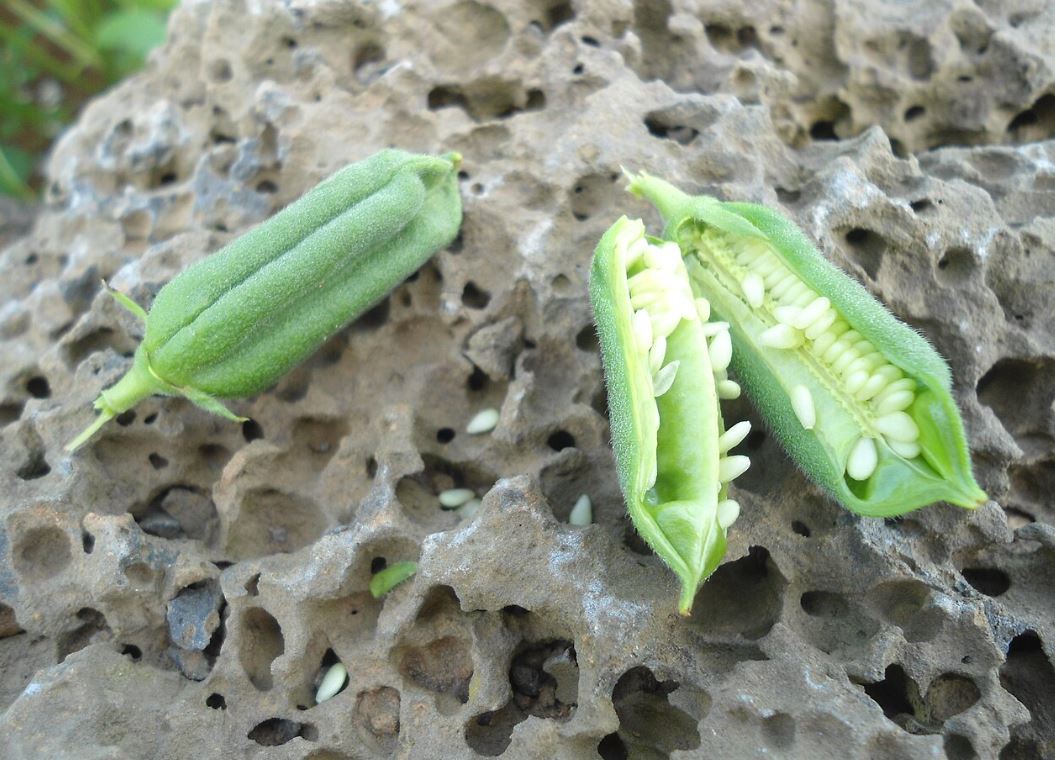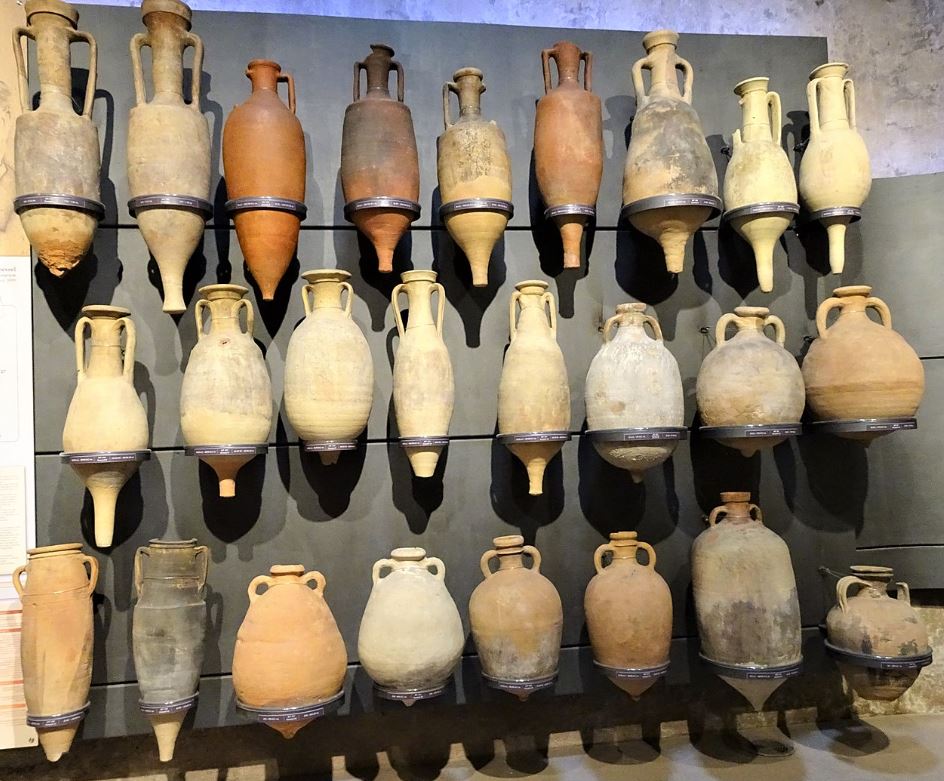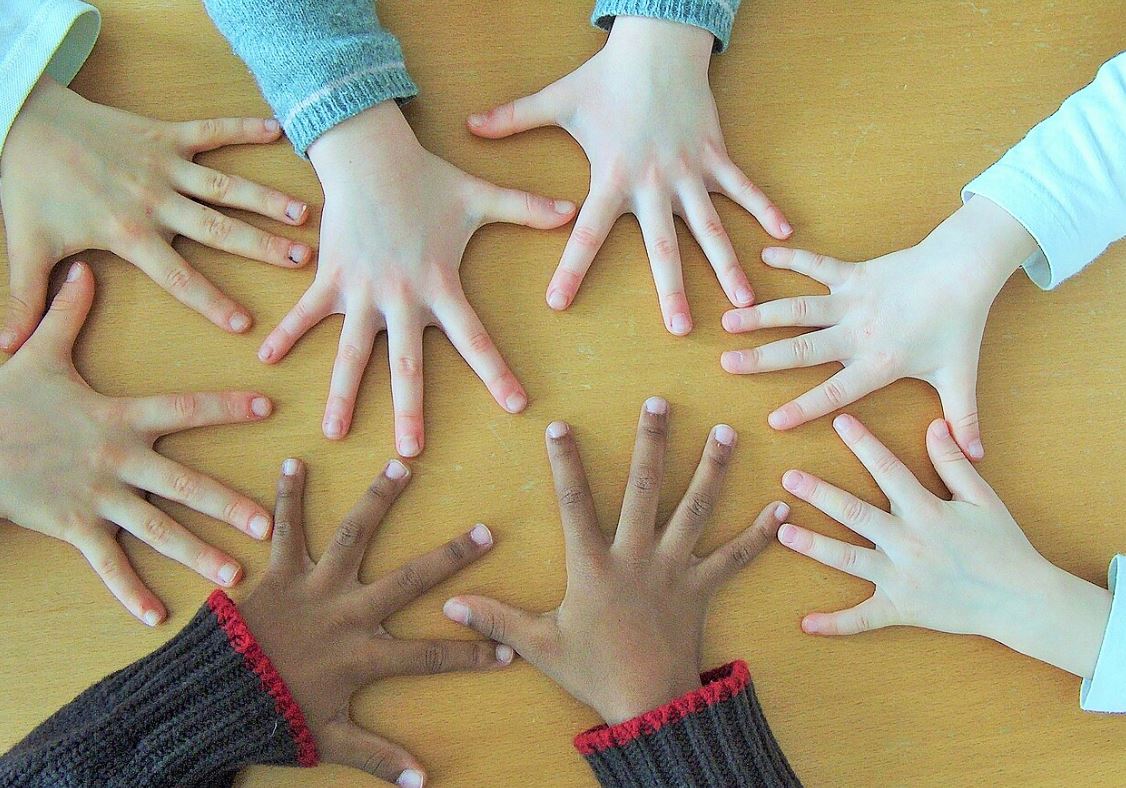While Caesarea in ancient times is often associated with Romans and then with Christians, there were some significant Sages who lived and taught there. One of the most important is Rabbi Abahu, mentioned a number of times in recent pages (Nazir 37, 38). Rabbi Abahu was the head of the Rabbinic academy in Caesarea, the leader of the Jewish community and its defender before the non-Jewish rulers and the Christian leadership. What do we know about him?
Rabbi Abahu was an Amora of the Land of Israel, part of the third generation of Amoraim. This means that he lived in the late third and early fourth century CE, and he was a student of Rabbi Yohanan (who he often quotes) and of Resh Lakish. He was a contemporary of Rabbi Zeira and of Rabbi Ami and Rabbi Asi. His students included Rabbi Yirmiyah, Rabbi Yona and Rabbi Yosi. He was blessed with many wonderful characteristics. He was so handsome that his beauty was compared to that of the Patriarch Jacob (Bava Metzia 84a) and so strong that he was able to hold on to people and save them when the bathhouse floor collapsed (Berachot 60a). His wealth was well-known and he was favored by the rulers of Caesarea, so much so that the women of the emperor’s household would sing his praises:
“When Rabbi Abahu would come from the academy to the house of the emperor, the maidservants of the emperor’s house would go out to greet him, and this is what they sang to him: Master of his people and leader of his nation, candle of illumination, blessed is your arrival in peace.” (Ketubot 17a)
Despite possessing all these stellar qualities, Rabbi Abahu was known for his modesty. People would flock to hear his sermons and he was considered an accomplished preacher but when they left Rabbi Hiyya bar Abba to listen to him, he made sure to play down his accomplishments and to highlight those of Rabbi Hiyya:
“Rabbi Abbahu and Rabbi Ḥiyya bar Abba happened to a certain place. Rabbi Abbahu taught aggada, Rabbi Ḥiyya bar Abba taught halakha. Everyone left Rabbi Ḥiyya bar Abba and went to Rabbi Abbahu, and Rabbi Ḥiyya was offended. Rabbi Abbahu said to him, to appease him: I will tell you a parable: To what is this matter comparable? to two people, one who sells precious stones and one who sells small items [sidkit]. Upon whom do the customers spring? Don’t they spring upon the one who sells small items?” (Sotah 40a)
Rabbi Abahu used his wealth and influence to intercede for the Jews in the Land of Israel and even outside it. He traveled from place to place and dealt with the issues of his time. He knew Greek and insisted that it could be taught to one’s daughter. One of his main challenges was that Christianity was becoming more and more powerful and influential each day. Rabbi Abahu was a contemporary of Eusebius, the famous bishop of Caesarea. Eusebius was known for his writings on the Bible and on Christian theology, as well as for a book of Biblical geography called the Onomasticon, the first of its kind. It was undoubtedly Eusebius’ knowledge that made Rabbi Abahu sensitive to Christian attacks on Judaism from the Bible. When some minim (often code for Christians) asked him why the scholars of the land of Israel know the Bible so well, Rabbi Abahu answered them:
“They said to Rabbi Abbahu: What is different about you [Sages of Eretz Yisrael], that you know the Bible as well? Rabbi Abbahu said to them: We, who are situated among you [heretics], we impose upon ourselves this obligation and analyze verses in depth.” (Avoda Zara 4a)
Responses to Christian polemics appear in various places in Rabbi Abahu’s teachings. In a passage in Shemot Rabba (29) about the first of the Ten Commandments, he attacks the Christian idea of the Trinity in a blatant manner:
“I am the Lord your God . . I am first, that I have no father, and I am last, that I have no brother and there is no God but me, that I have no son.” (Shemot Rabba 29)
While the center of the Rabbinic world at that time lay further to the east, in Tiberias and Zippori, Rabbi Abahu lived in Caesarea, on the coast. Caesarea was a cosmopolitan city that did have a strong Jewish community but was definitely ensconced among the Gentiles. He fought to protect his fellow Jews from Christian polemics and Roman decrees but he also worked hard to ensure that the Jewish community stayed true to its values. He ruled on matters ranging from the kashrut of foods brought from abroad (Avoda Zara 39a) to the number of shofar blasts we blow on Rosh HaShanah, a ruling of his that we continue to this day:
“Rabbi Abbahu instituted in Caesarea a tekia, three shevarim, a terua, a tekia” (Rosh HaShanah 34a)
But perhaps most significantly, he understood that being a Jew in a cosmopolitan world was difficult and those who chose Torah must be commended above all others. To Rabbi Abahu is ascribed the famous statement quoted in Berachot:
“In the place where penitents stand, even the full-fledged righteous do not stand” (Berachot 34b)
Of all the “Sages of Caesarea,” Rabbi Abahu was the one most identified with the city and the one who most deeply connected with its complexities. Perhaps that is why the Gemara has a particularly poetic way of describing what happened when Rabbi Abahu passed away:
“When Rabbi Abbahu passed away, the pillars of Caesarea ran with water” (Moed Katan 25b)
If your city literally cries for you when you die, you clearly made an impact by living there.


